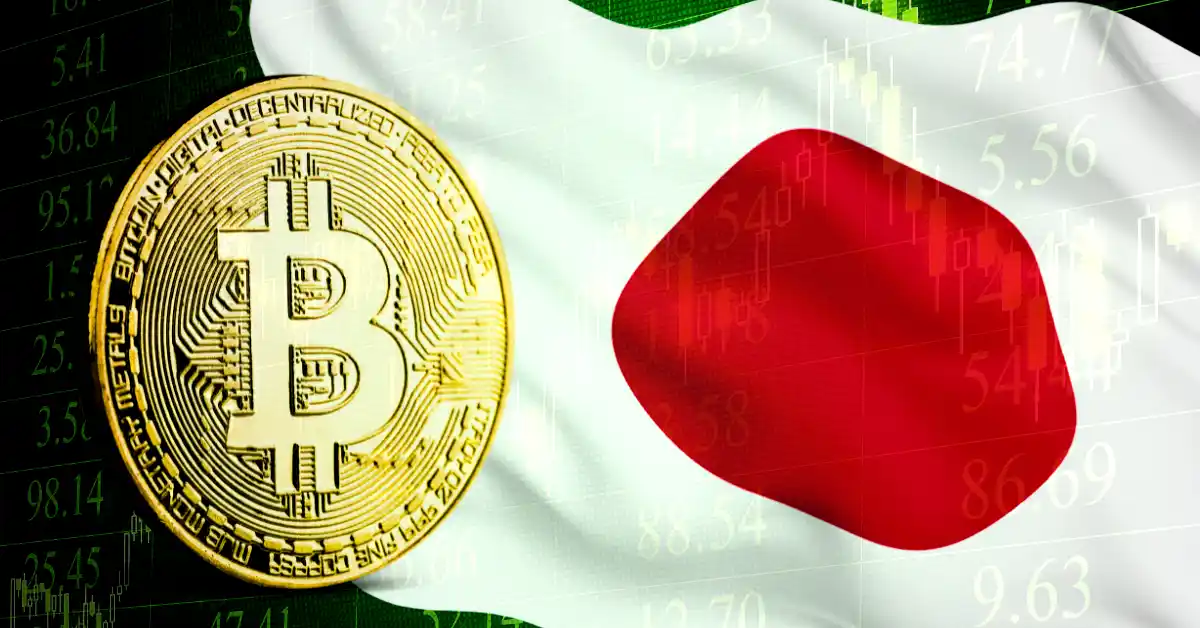
Japan’s Financial Services Agency (FSA) has released a new discussion paper proposing changes to how cryptocurrencies are regulated in the country. The idea is to divide digital assets into two main categories, making the rules easier to apply and more effective in protecting investors.
The FSA is currently inviting public feedback on the proposal, with suggestions and opinions accepted until May 10, 2025.
The FSA’s proposal introduces a two-tier system for digital assets, based on how the tokens are used and how they raise funds:
Type 1 includes tokens issued for business purposes or to raise money for a project. These include altcoins from newer projects that are still growing and may also cover certain utility tokens.
Type 2 covers well-known, decentralized tokens like Bitcoin and Ethereum, which are not issued to raise funds for a business. These will follow a different set of rules that match their structure and use.
For Type 1 crypto assets, the FSA wants stricter rules around disclosure and accountability. Projects that issue these tokens must clearly explain:
These issuers will also be required to follow existing FSA regulations, including regular updates and disclosures. Once a Type 1 token gains a large number of investors, the project may be reviewed to see if it qualifies for security token regulations.
However, the FSA noted that it may be difficult to deal directly with token issuers in some cases—especially when no clear individual or company is behind the project.
The Financial Services Agency stated that “with regard to type 1 cryptoassets, there is a strong need to eliminate the information asymmetry between issuers and users regarding the purpose of use of the raised funds and the content of the project, etc.”
Instead of regulating Type 2 tokens directly, the FSA plans to monitor them through crypto exchanges. These exchanges will need to report significant price changes that could impact the market.
The agency also plans to keep reviewing and updating its approach by looking at public feedback and how other countries are handling crypto regulations.
The paper covers a wide range of financial topics—like disclosure rules, business practices, market entry requirements, and ways to prevent insider trading. However, it doesn’t address how crypto should be taxed, leaving that issue for another time.
Japan has been known for taking a cautious stance on cryptocurrencies, but that seems to be changing. In a major shift, regulators are now considering lifting the ban on crypto ETFs, a move that has sparked excitement in the crypto community.
Looking ahead, the FSA also plans to revise the Financial Instruments and Exchange Act by 2026. Under the revised law, cryptocurrencies would no longer be seen just as payment tools. Instead, they would be classified as a new type of financial product, giving them more formal recognition in the financial system.
After a Type 1 project gains large number of investors, then the projects will be evaluated to check if they could be subject to security token regulations.
The FSA will regulate Type 2 crypto assets through crypto exchanges and also requires the platforms to report major price fluctuations that can impact the market.
Bitcoin is holding steady above $118,000 despite the recent ups and downs in the market.…
Could XRP really reach $1,000? While this may sound far-fetched to many, Jake Claver, director…
The crypto market is starting to go more mainstream, especially after the new GENIUS Act…
The US crypto regulation has changed dramatically in 2025, with the Trump administration adopting a…
Story Highlights The live price of the Algorand is Price predictions suggest ALGO could reach…
Story Highlights The live price of the Avalanche is . Price predictions for 2025 suggest…